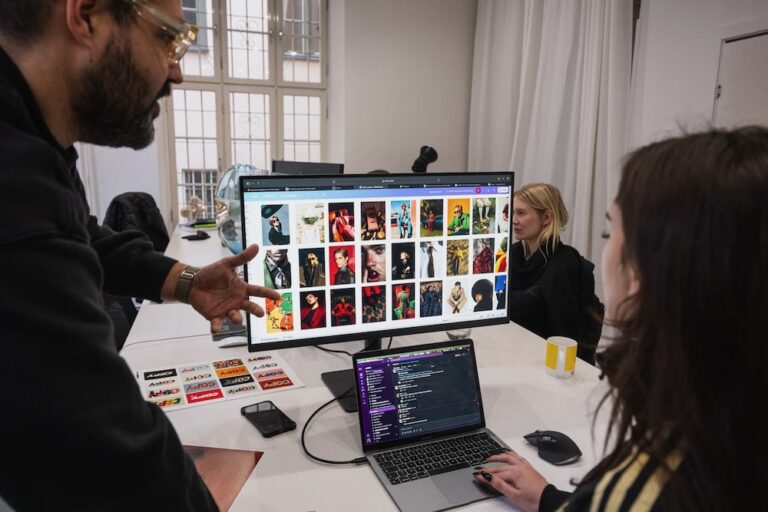Everyone benefits from secure tools, but the most vulnerable users -- such as journalists -- benefit most when they don't need to go out of their way to stay safe.
Excerpt from a 2 October 2014 CPJ Blog post by Tom Lowenthal/CPJ Staff Technologist.
The year is 1991, the month April. EMF is playing on the radio. The term “cyberspace” has existed for only half a decade. The world wide web won’t exist for another four months. The software engineer Linus Torvalds has only just started work on the Linux operating system. The fastest computer you can own has a 50 Mhz processor. Yes *megahertz*, with a *M*.
On April 17, The New York Times reports on a proposed counterterrorism bill in the Senate. The bill, introduced by Senator Joseph Biden, contains a passage asking technology companies to ensure that any encryption tools they sell are still amenable to government interception. Phil Zimmerman, a technically proficient security enthusiast, reads the article and decides to act before it is too late. Before the bill has a chance to pass, Zimmerman writes a piece of software called Pretty Good Privacy (PGP), and makes it available for download. Others copy it and drive from payphone to payphone covertly uploading it to bulletin-board systems, the Nineties equivalent of online message boards such as 4chan and file-sharing sites.


